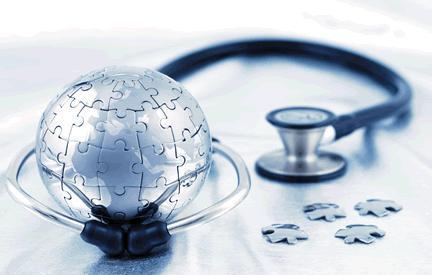ZocDoc, Healthgrades, Vitals, Yelp and other sites can tell you what patients think of their doctors. But finding out in any aggregate way what doctors think of their peers has been much harder, if not near impossible, for patients — up until now. By accessing information in government databases through FOIA (Freedom of Information Act) requests, healthcare innovators are now able to share connections between doctors that are based on millions of physician referrals — a valuable indicator of who doctors hold in esteem.
Last month, Fred Trotter, a self-identified “hacktivist,” revealed that he had obtained a dataset of Medicare physician referrals through a FOIA request and was making the initial data available to those who supported a Medstartr crowdfunding campaign meant to build out his “DocGraph” and make it freely available. This week, he announced that he not only blew past his $15,000 funding goal, but was launching a second campaign to integrate his current data with an additional dataset.
The new tool, which reflects 25 million doctor referral connections, enables patients to see how many doctors are linked to a particular doctor, as well as their locations. As patients search for new physicians and specialists, being able to see who their current doctors are linked with could help them decide who to visit. It also gives doctors an opportunity to build online networks that reflect their offline networks, Gutman said. In a post about his “DocGraph” project, Trotter said that his data wasn’t strictly a “referral” data set because, in some cases, doctors might be linked through a patient they both happened to see at the same time, not through an active referral. But Gutman emphasized that HealthTap’s DOConnect considered more than Medicare referrals in mapping connections between doctors.
Via
Olivier Delannoy,
Chanfimao,
Dr. Stefan Gruenwald



 Your new post is loading...
Your new post is loading...
















